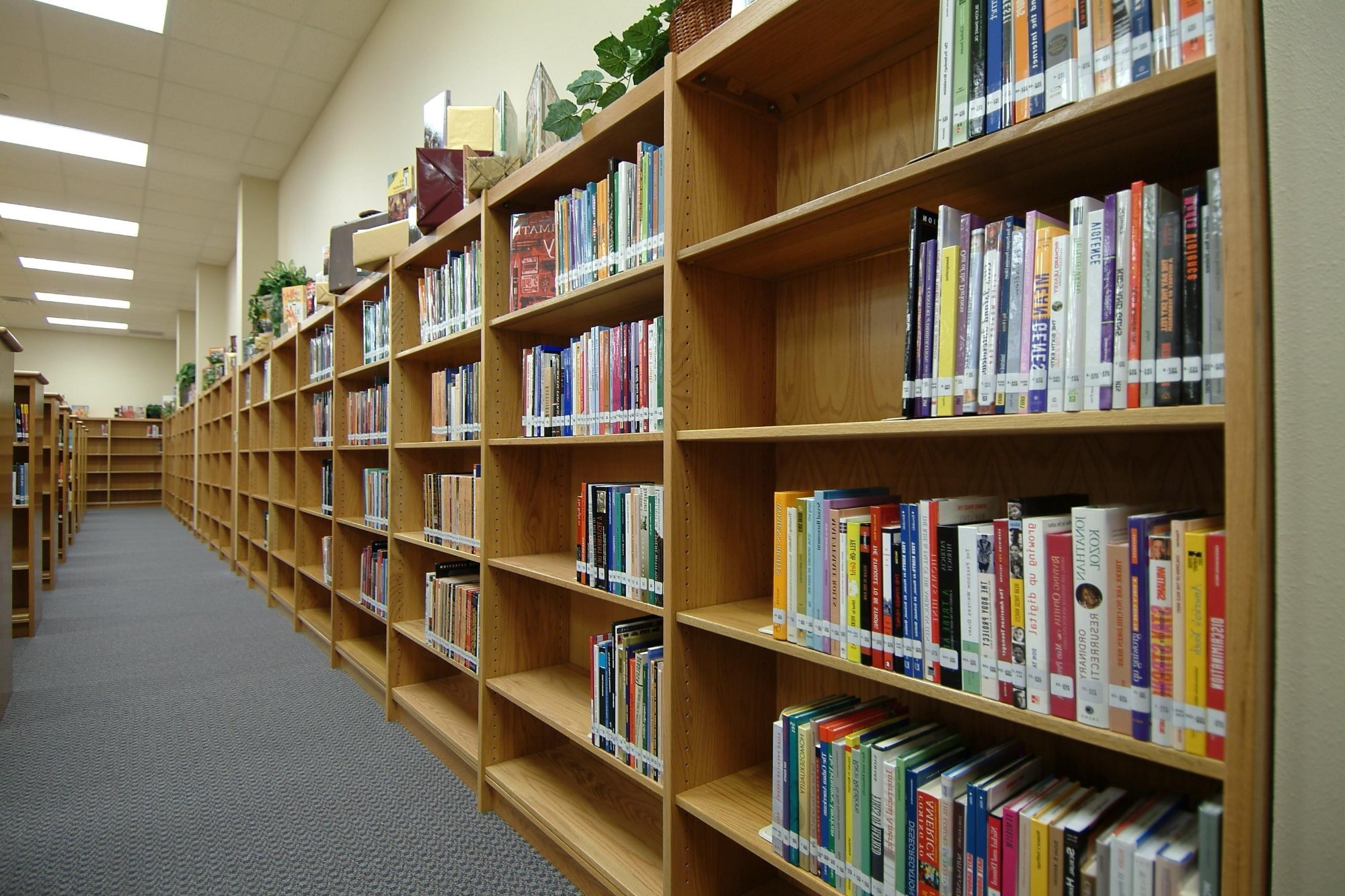The new Telecommunication Act has ignited a significant debate between telecom operators and over-the-top (OTT) platforms. With telecom companies arguing that platforms like WhatsApp and Google Meet should be classified as telecom services, the dispute underscores the challenges of interpreting broad legislative definitions. This blog delves into the implications of this clash, the responses from major telecom players, and what it means for the future of OTT regulation.
Telecom Act Debate: Telcos and OTTs Clash Over Definition of Telecom Services
A fresh conflict has emerged between telecom operators and social media companies over the definition of telecommunication services under the newly enacted Telecommunication Act. The dispute centers on whether over-the-top (OTT) communications platforms, such as WhatsApp and Google Meet, should be categorized as telecom services and thus subjected to similar regulatory requirements as traditional telecom operators.
Telecom Operators’ Stance: OTT Platforms as Telecom Services
In recent consultations with the Telecom Regulatory Authority of India (TRAI), major telecom operators have argued that OTT platforms fall within the scope of telecom services as defined by the new Act. According to these operators, the Act’s definition of telecom services includes “transmission, emission or reception of any messages, by wire, radio, optical or other electro-magnetic systems,” which they believe encompasses the functions performed by OTT platforms.
The Act defines “messages” broadly as “any sign, signal, writing, text, image, sound, video, data stream, intelligence or information sent through telecommunication.” This expansive definition has fueled the telecom operators’ argument that OTT platforms, which facilitate a variety of communication forms, should be regulated similarly to telecom companies.
OTTs and Government Clarifications: A Complex Legal Landscape
Despite government clarifications indicating that OTTs are not intended to fall under the same regulatory framework as telecom operators, experts caution that these statements do not carry the weight of legal authority. This discrepancy between media statements and legal definitions has contributed to the ongoing conflict.
OTT platforms, which include popular services such as Netflix, WhatsApp, and Google Meet, argue that their business models and service provisions differ significantly from those of traditional telecom operators. They maintain that their platforms do not involve the direct transmission of communication signals through physical infrastructure, as defined under the Act.
Implications for OTT Regulation and Licensing
The outcome of this debate holds significant implications for both telecom operators and OTT platforms. If OTT platforms are classified as telecom services, they would be subject to licensing requirements and regulatory oversight similar to that faced by traditional telecom operators. This could lead to increased compliance costs and operational constraints for OTT companies.
On the other hand, telecom operators are pushing for this classification to level the playing field, ensuring that all communication service providers are subject to the same regulatory standards. This move is seen as a way to address competitive imbalances and protect the interests of traditional telecom companies, which invest heavily in infrastructure and regulatory compliance.










